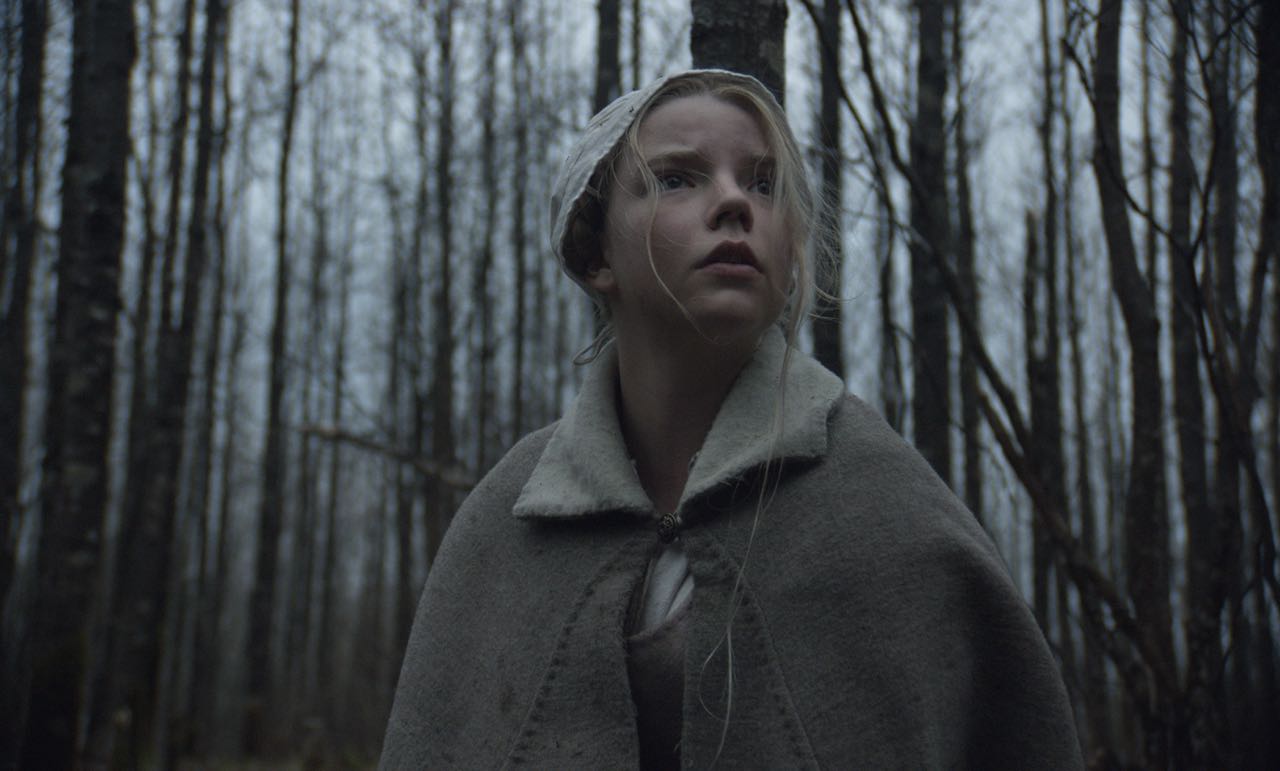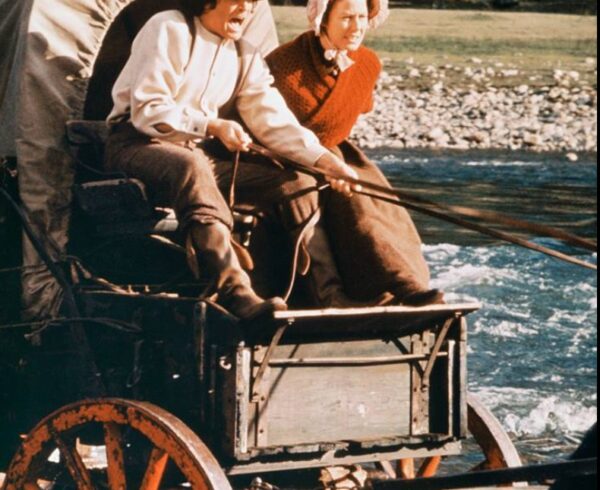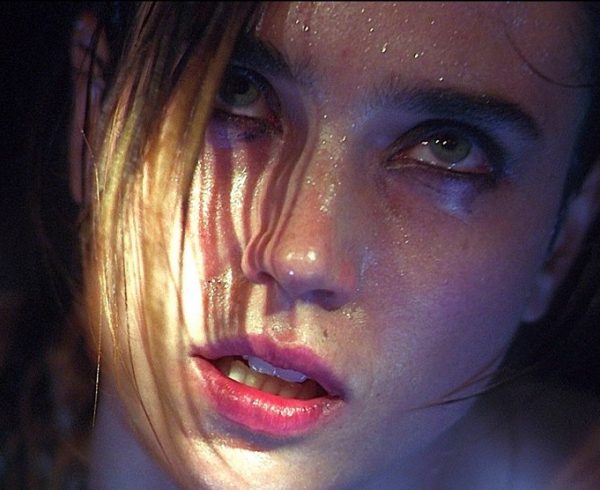Released in theaters earlier this year and now available for home viewing, The Witch is the most critically acclaimed horror movie of 2016 so far. Despite managing only modest business at the box office, where it had the misfortune of opening against the unforeseen juggernaut that was Deadpool, The Witch nevertheless sits among Rotten Tomatoes’ top 20 reviewed movies of the year thanks to glowing reviews from over 90% of the nation’s film critics. This begs the question, does such accolades make The Witch the best horror movie of 2016 you probably haven’t seen yet?
The story opens in a small 17th century New England settlement where a man named William stands before a court of his Puritanical peers accused of the sin of pride. Refusing to acknowledge any wrongdoing, William is banished from the colony along with his wife, Katherine, and their four children. Their faith seemingly unshaken, William and Katherine establish a farm close to the nearby forest and soon have a fifth child.
Things don’t go well, however. With their crops failing and their children showing small signs of rebellion, William and Katherine become too distracted to notice something spying on the family from the edge of the woods. One day, while their eldest daughter Thomasin is watching over the newborn, the infant disappears literally in the blink of an eye. The family believe a wof to be responsible, but something far more nefarious is at work. Taken deep into the forest, the child is butchered by a witch, who uses the baby’s fat to create an ointment that grants the power of flight when smeared upon her body. Fortunately, the butchering is not shown onscreen; unfortunately, the smearing is.
While Katherine loses herself in grief and prayer, William takes their eldest son, Caleb, into the forest to hunt. There, he confesses to the boy that he has been stealing items from Katherine to sell for food and allowing the distraught mother to place the blame on Thomasin. For his part, Caleb has begun to have unclean thoughts about his older sister, but he keeps this to himself. Meanwhile, the two young twins have taken to spending all of their free time with the family’s sinister looking goat, Black Thomas, whom the twins insist speaks to them.
Things come to a head after Caleb is briefly captured by the witch and returns home in a state of possession. On the brink of starvation and under spiritual onslaught, the family begins to unravel. As secrets are revealed and accusations of dabbling in the dark arts fly, the situation quickly spirals towards a bloody resolution.
Not too bloody, though. Unlike most modern fright films, The Witch mostly eschews jump scares and gore, instead relying on unnerving subject matter and a slowly building tension to generate its chills. This will undoubtedly come across as plodding to some viewers, but for those appreciative of a more atmospheric approach to horror, The Witch is sure to hit all the right notes.
It certainly did with The Temple of Satan which publicly endorsed the movie upon its release. A representative of the Temple explained to Variety that the film represented “a criticism of a theocratic patriarchal society and a fair representation of the stresses that puts on a community.” However, the film’s writer/director, Robert Eggers, doesn’t appear to be in any rush to sign off on such a reading of his script. In multiple interviews, he has stated his only intention was to create a simple scary folk tale with no implicit moral or agenda. Such a blank slate leaves The Witch open to any number of interpretations, as well as possible misinterpretations.
That’s not to say the Temple’s take on the movie is necessarily wrong, just that it’s hardly the only way to frame the narrative. Anyone with a working knowledge of early Protestantism will certainly recognize that the story takes place in a world which assumes not only that the tenets of Puritanical Calvinism govern the universe, but also that every supernatural threat feared by the people of that era is real. In such a milieu, the events of the film become not a paean to casting aside religion, but rather a blatant warning against doing so. Everything that happens in the film flows naturally from William’s sin of pride. His failure to acknowledge his shortcomings as a father, a provider, and a Christian makes his family vulnerable to the supernatural attack that ultimately seals their fate. When God is made absent, Satan rushes in to fill the void.
This openness to a variety of interpretations is no doubt part of The Witch’s appeal to critics who long for anything different than the last 100 films they watched, but it could prove frustrating to the more casual viewer who is simply looking for an evening’s entertainment. Still, for those with a taste for cerebral, slow-moving esoterica, The Witch earns its place among the best horror of the year.











